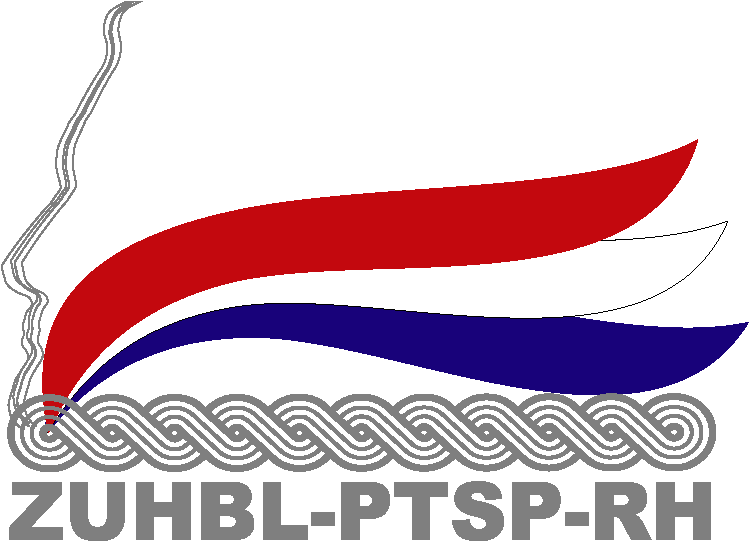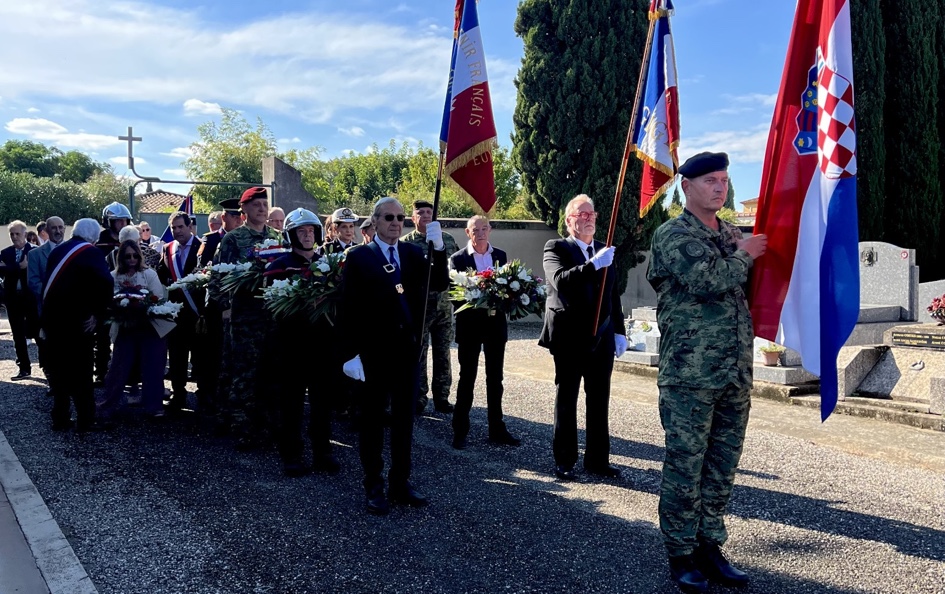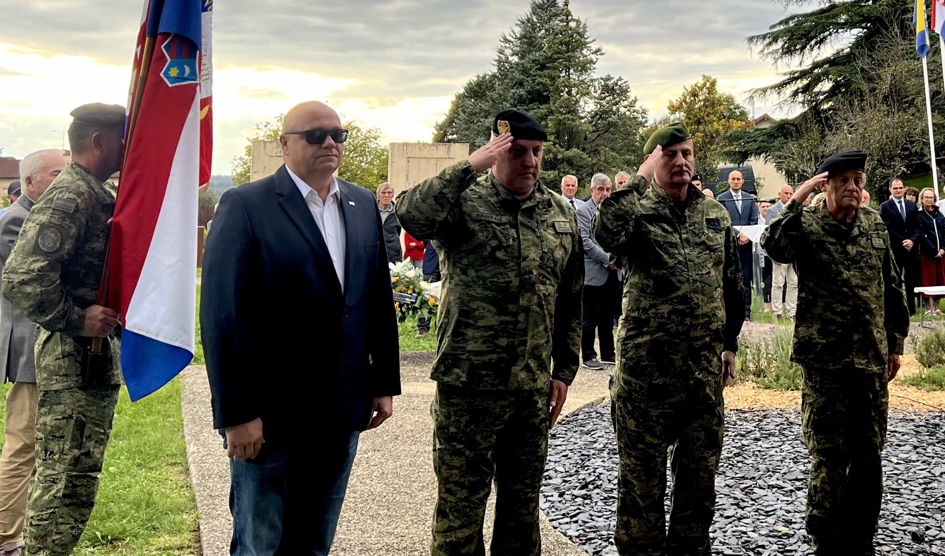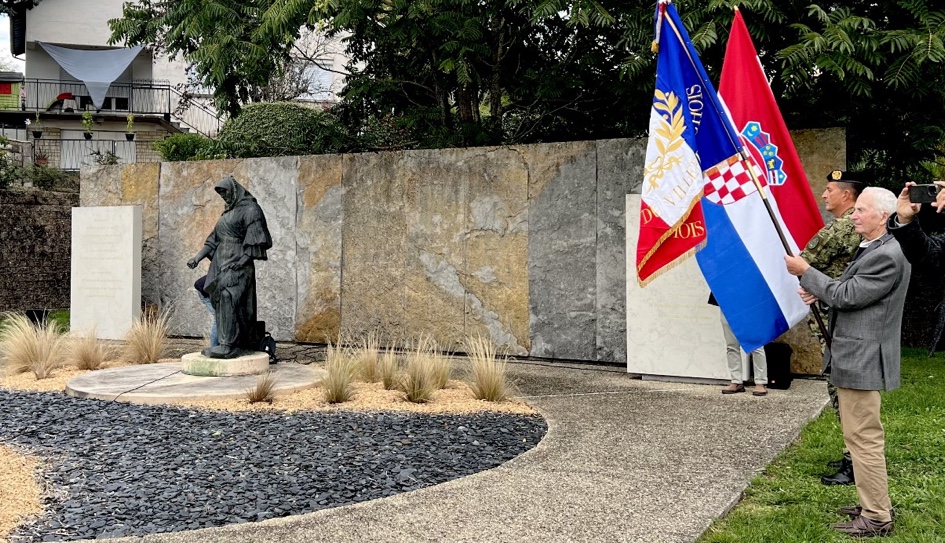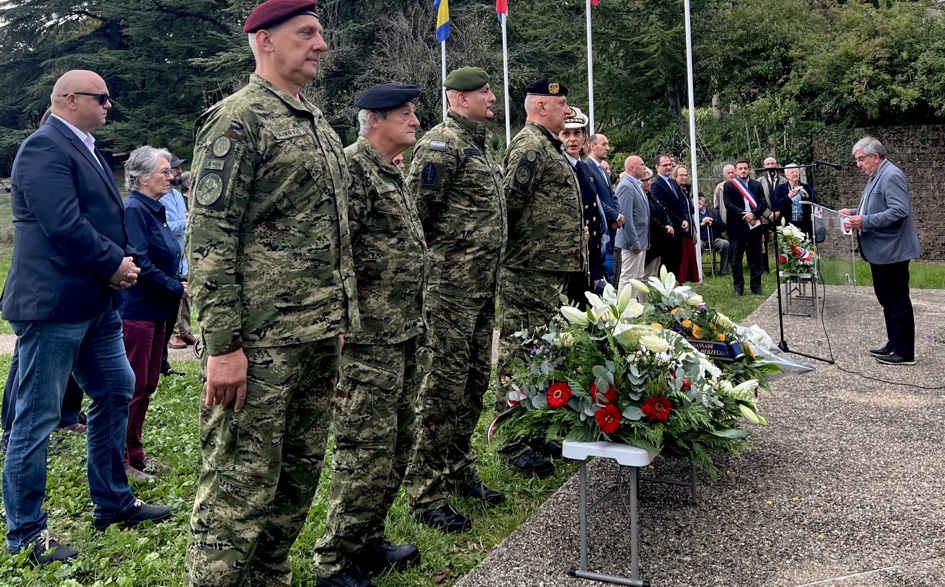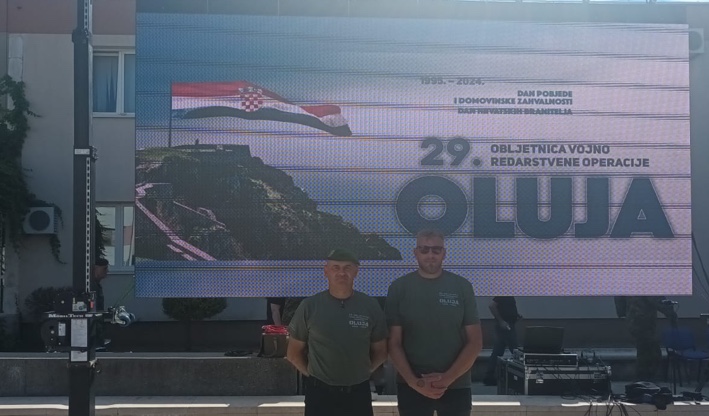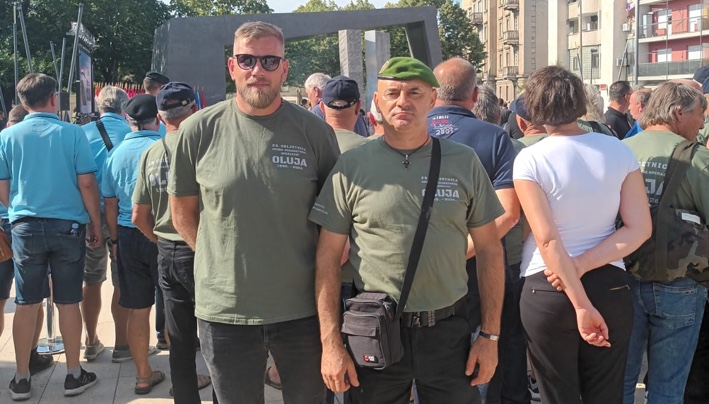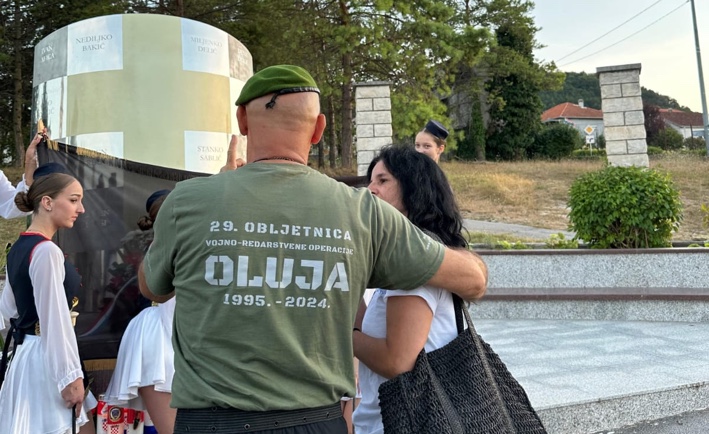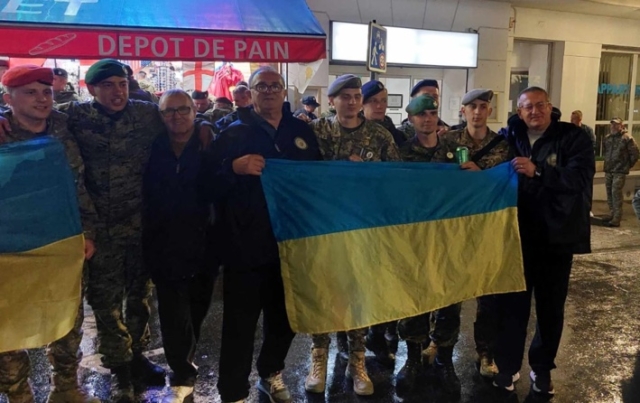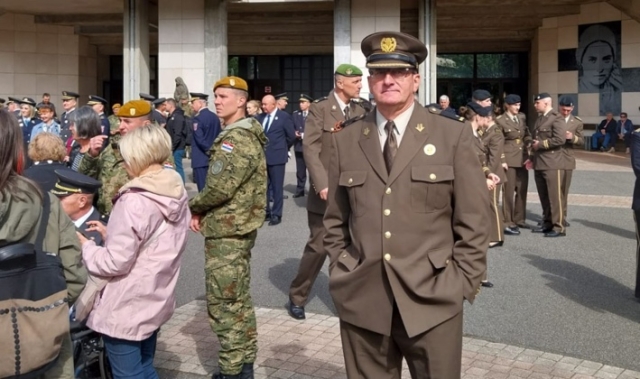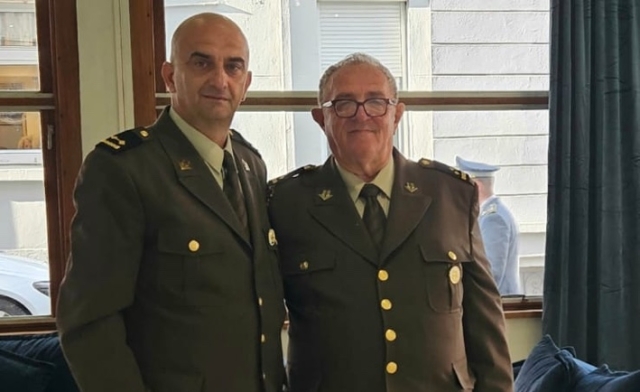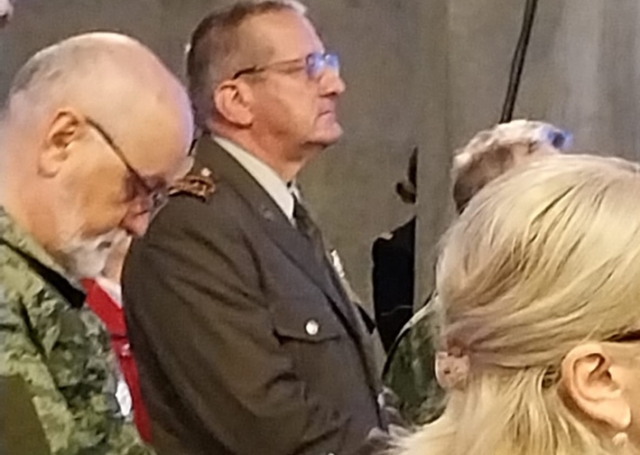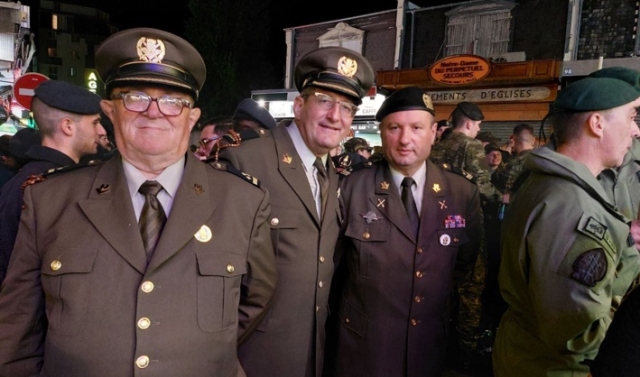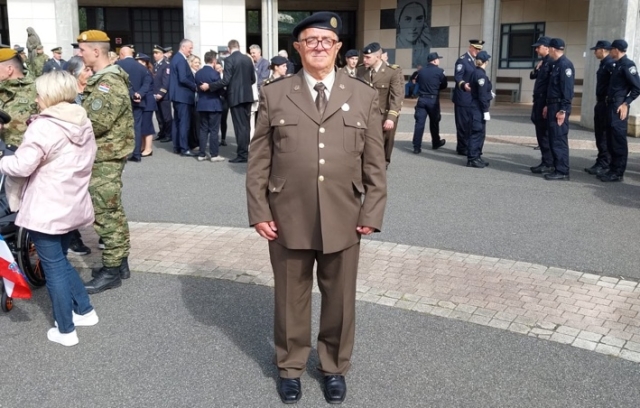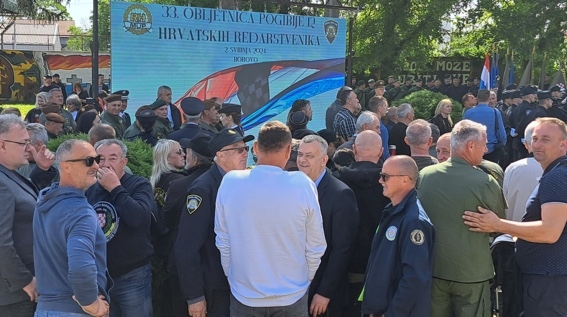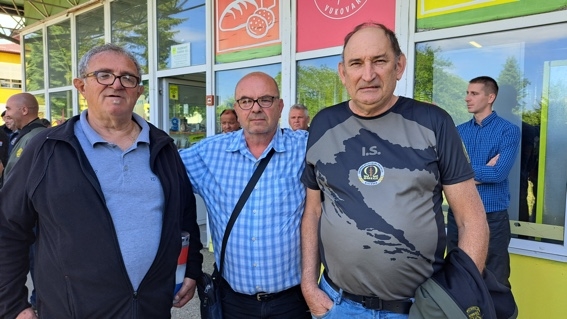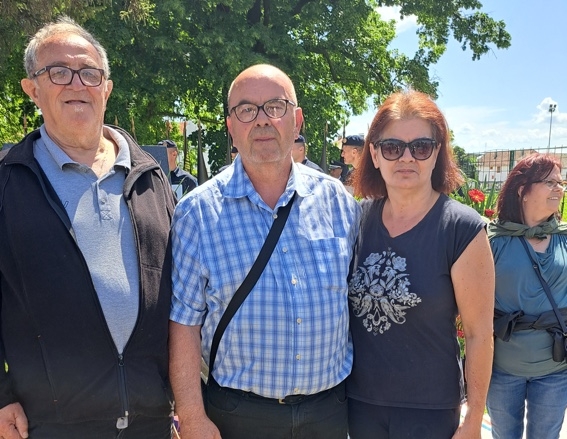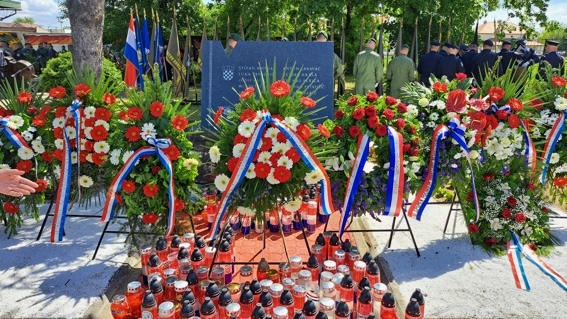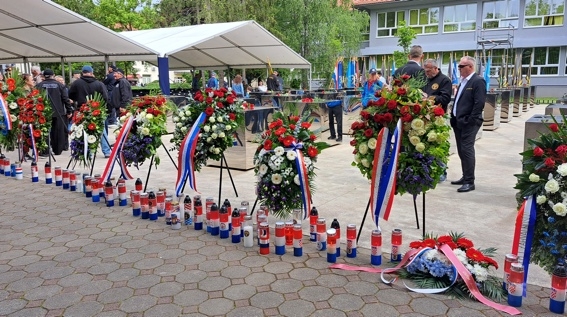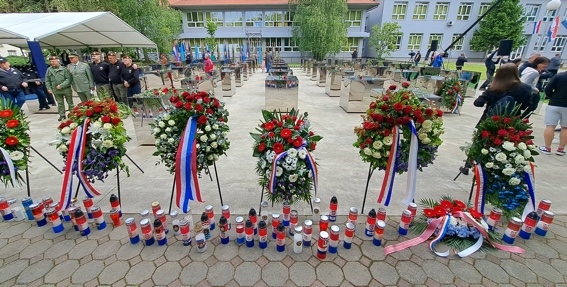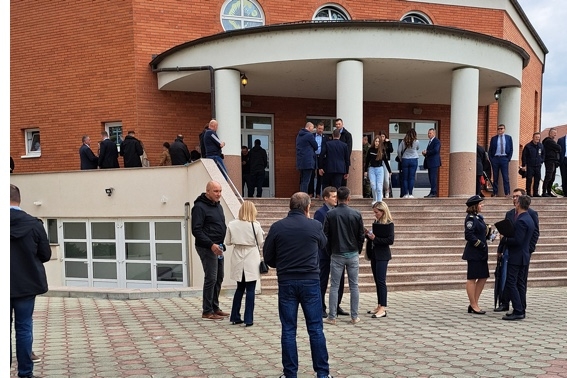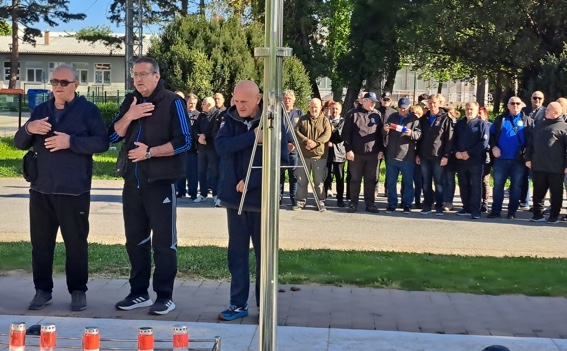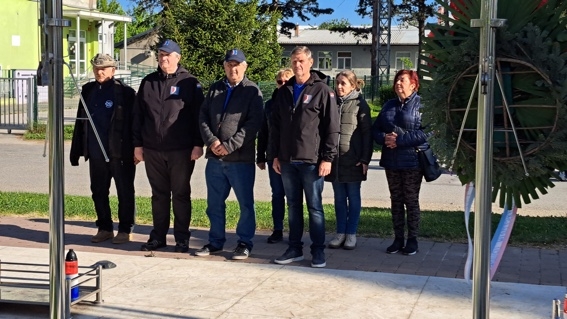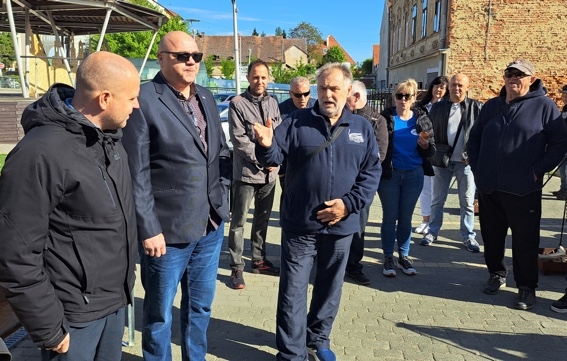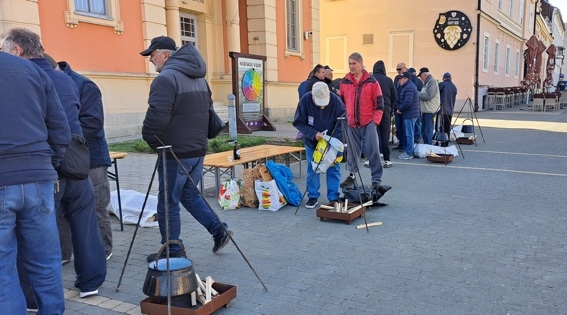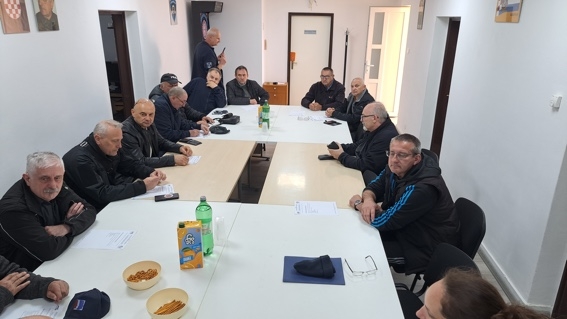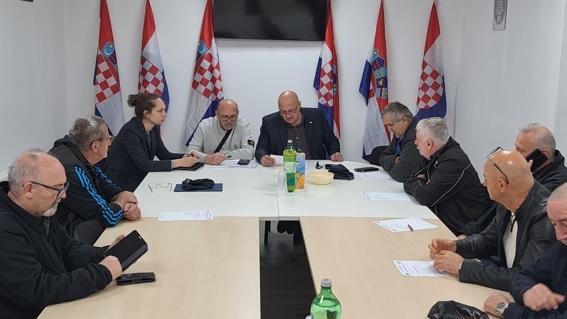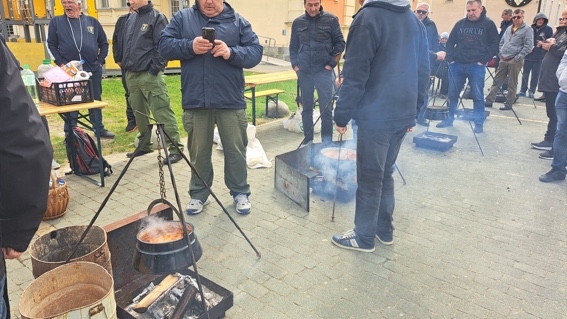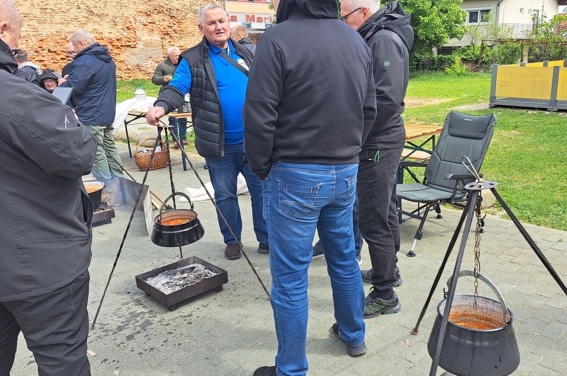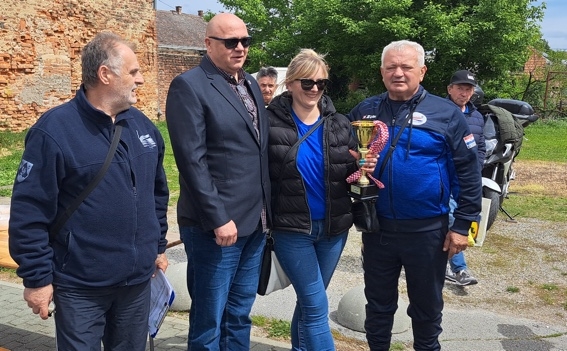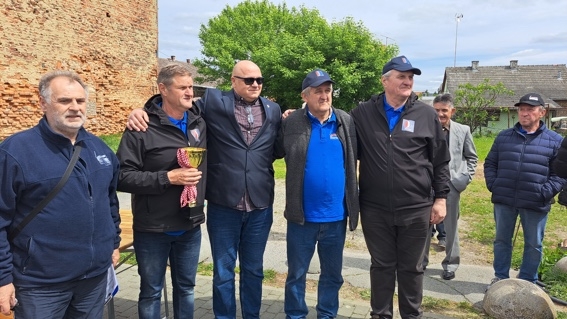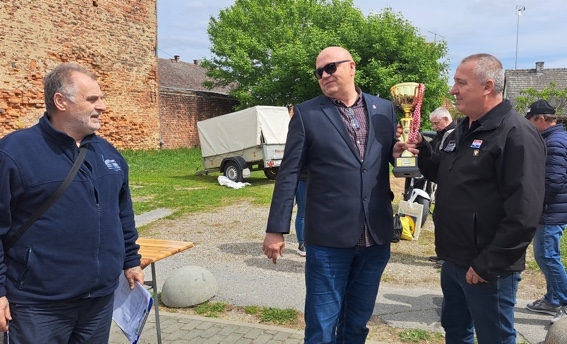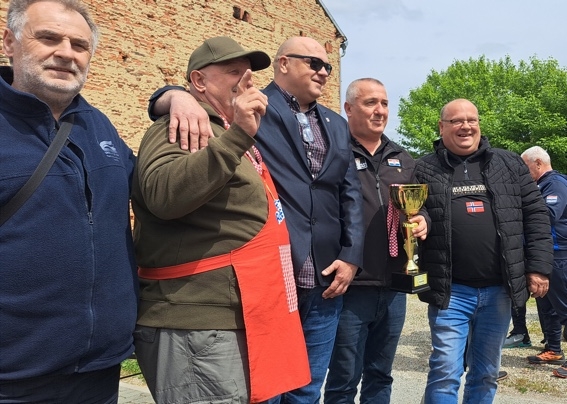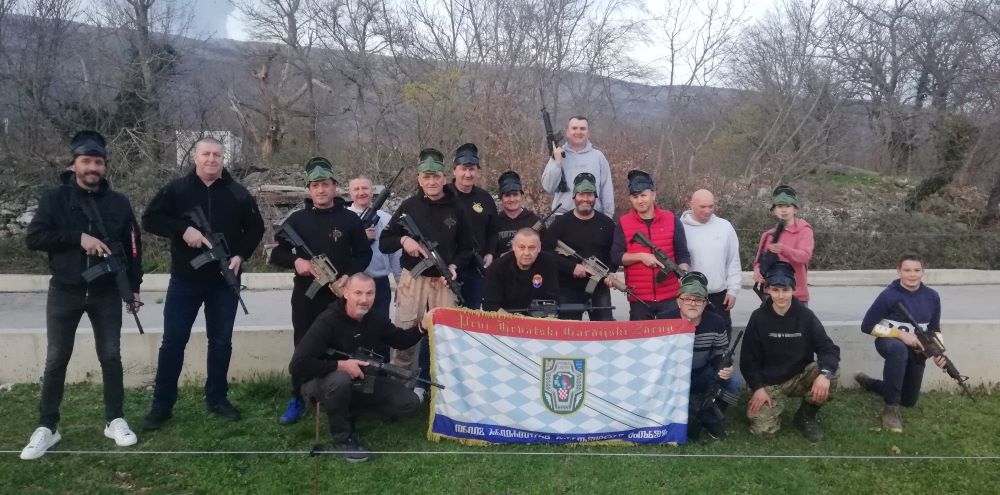Delegation of the Community of Associations of Croatian Veterans Treated by PTSD of the Republic of Croatia, Labeled with President Tihomir, Pukšeca in December, with the aim of exchanging the experience and deepening collaboration visited Sarajevo and at the visit to the ceremony for the Ministry of Veterans' Canton Sarajevo. The reception was prepared by Minister Omer Osmanovic, and the meeting was also attended by the President of the Sarajevo Ismet's Canton Coordination Committee on whose initiative is a meeting and held. The topic of the meeting was, among other things, examples of good practice and legal frameworks that regulate the rights of both in Croatia and in neighboring Bosnia and Herzegovina. The President of the Community emphasized that through the years of cooperation and visit to Sarajevo Canton, the visible positive results of the realization of projects of interest to the veterans' population may be observed. As part of the exchange of experience and cooperation with organizations from Bosnia and Herzegovina, during the same period in Zagreb, the community, led by Secretary Ivica Turić, received a delegation from Sarajevo to visit.

